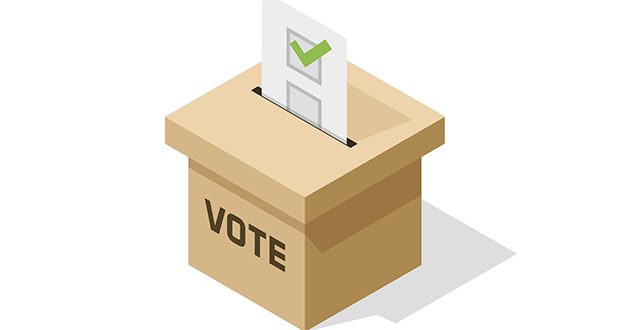Sunday’s legislative elections in Benin for which 5.4 million people were registered, failed to attract a large voter turnout, APA can report Monday after 24 hours without official figures.
²Thus, most of the polling stations visited by APA were almost deserted, despite their opening at 7am. In the Bakpara district, in the commune of Kandi, in the Alibori department in northern Benin (first electoral district), only a few dozen citizens were queuing in front of the voting places.
One of them, Bio Mama Bouhari, confessed that he did not get much sleep in order to be able to perform his civic duty early. In the end, the low attendance made it easier for him.
Everywhere else, it was the same gloom, like the voting centre of Tassi-Tédjin, in the commune of Malanville. At Polling Station 5, only 85 out of 435 registered voters came to vote. According to Taïrou Garba, the president of a polling station, “the polling takes place in a good atmosphere but the population comes in drops and it is inexplicable.”
Under cover of anonymity, one of her colleagues considered that “the only reason for this lack of interest in the vote is the non-participation of the opposition. The people respected the call for boycott from their leaders.
However, the boycott was punctuated by violence in Tchaorou, the stronghold of former President Yayi Boni, where polling stations were burned down without the perpetrators being identified. In addition, a road has been blocked in Banté making it difficult for the population to move.
In the village of Tian, in the commune of Kandi, individuals armed with clubs tried to burn gasoline in polling stations. To date, the police have not made any statements on these various incidents.
The authorities are not beyond reproach in this climate given that they have ordered operators to shut down the Internet, thus blocking social networks (Facebook, WhatsApp or Twitter). Wilfried Houngbedji, the Head of Communication of the Presidency, said he “has no explanation for the moment” on this matter.
The Republican Bloc and the Progressive Union, two parties close to President Patrice Talon, were in the running for this election, whose opposition parties, including Boni Yayi’s party were excluded for non-compliance with the Charter of Political Parties.
Eighty-three members of the National Assembly are to be elected at the end of these legislative elections.
UB/id/cat/lb/abj/APA


